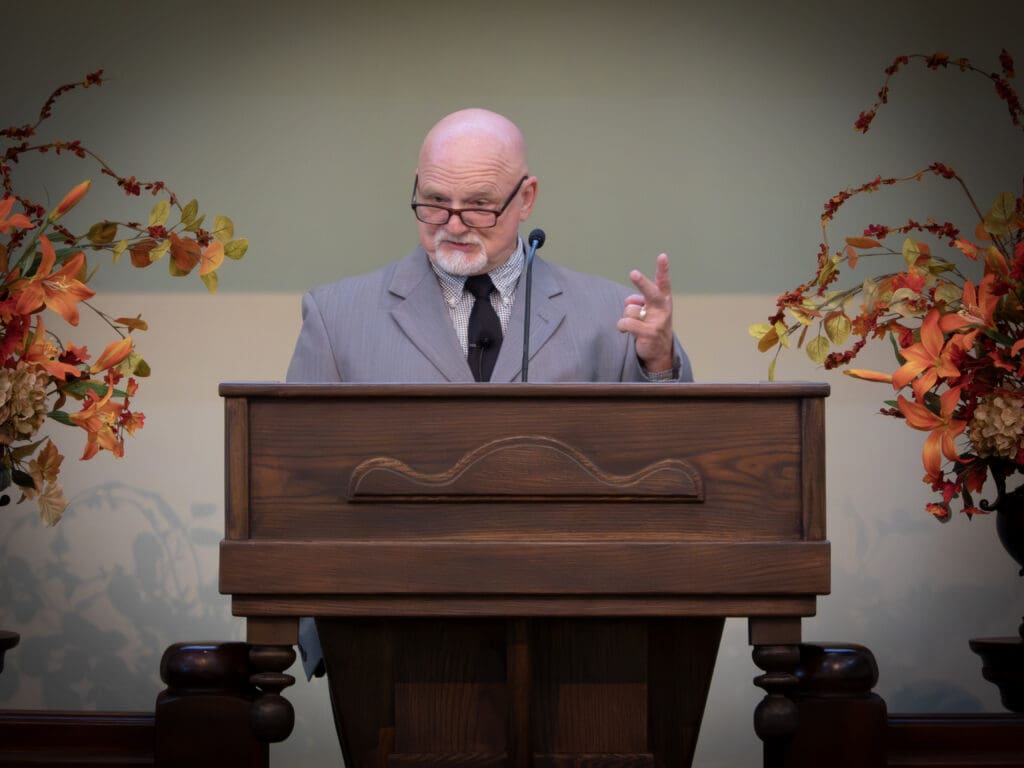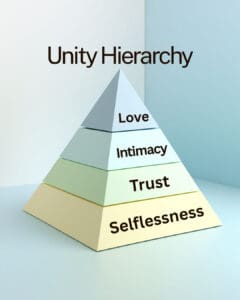It was a true blessing to have Brother Lonnie Jones guide our study on Family and Relationships. His teaching consistently emphasized that Christianity, at its core, is about relationships. The entire Biblical story is a narrative of reconciliation—the repair of a broken relationship—culminating in Christ, the ultimate example of selflessness who reconciled humanity to God and people to people.

The Foundation: Selflessness and Trust
The goal of our life in Christ is integration and unity, reflecting God’s image. This unity is built on a spiritual hierarchy that is defined by the opposite of sin: selflessness.

Trust fails when we are selfish. To correct this, we must make a cognitive shift in our thinking and behavior. The antidote is found in Philippians 2:3-4 (ESV): “Do nothing from selfish ambition or conceit, but in lowliness of mind let each esteem others better than himself… look out not only for his own interests, but also for the interests of others“. The ultimate model of this is Christ, who, though God, “made himself of no reputation, taking the form of a servant“.
Responding to Imperfection and Conflict
The Christian is called to “walk worthy… with all lowliness and meekness, with longsuffering, bearing with one another in love” (Ephesians 4:1-2, ESV). This is the necessary posture for dealing with the imperfection of others, as “Love proves itself when we’re not getting along”.
Brother Jones detailed the destructive habits that sabotage this mission:
- Contempt: Attacking the person instead of the problem. The solution is expressing complaints as a positive request for unmet needs.
- Defensiveness: Characterized by minimization, denial, and blame, it’s a selfish attempt to win rather than solve.
- Negativity: A pervasive attitude that breeds resentment and turns the relationship into a tragedy.
- Withdrawal: The decision to quit engaging (stonewalling), which is often the final stage before a relationship’s dissolution.
The Biblical solution is simple and profound: “Be kind to one another, tenderhearted, forgiving one another, as God in Christ forgave you” (Ephesians 4:32, ESV).
The Call to Walk Wisely
The Christian life is a lifestyle (“walk”), which includes to walk in wisdom (Ephesians 5:15, ESV). This wisdom involves managing our time, money, and energy, with an awareness of “immediate consequences” and “delayed consequences” (things important but not urgent). True wisdom is to possess our own vessel with honor and control our emotional response to life.
The whole armor of God (Ephesians 6, ESV) is our survival suit for a hostile world, reminding us that our warfare is not against flesh and blood. Those we disagree with are often victims of our enemy (Satan), not the enemy themselves, making our mission one of rescue.
We are thankful for Brother Jones’s teaching and pray it will continue to guide us toward spiritual maturity and Christ-like relationships.
